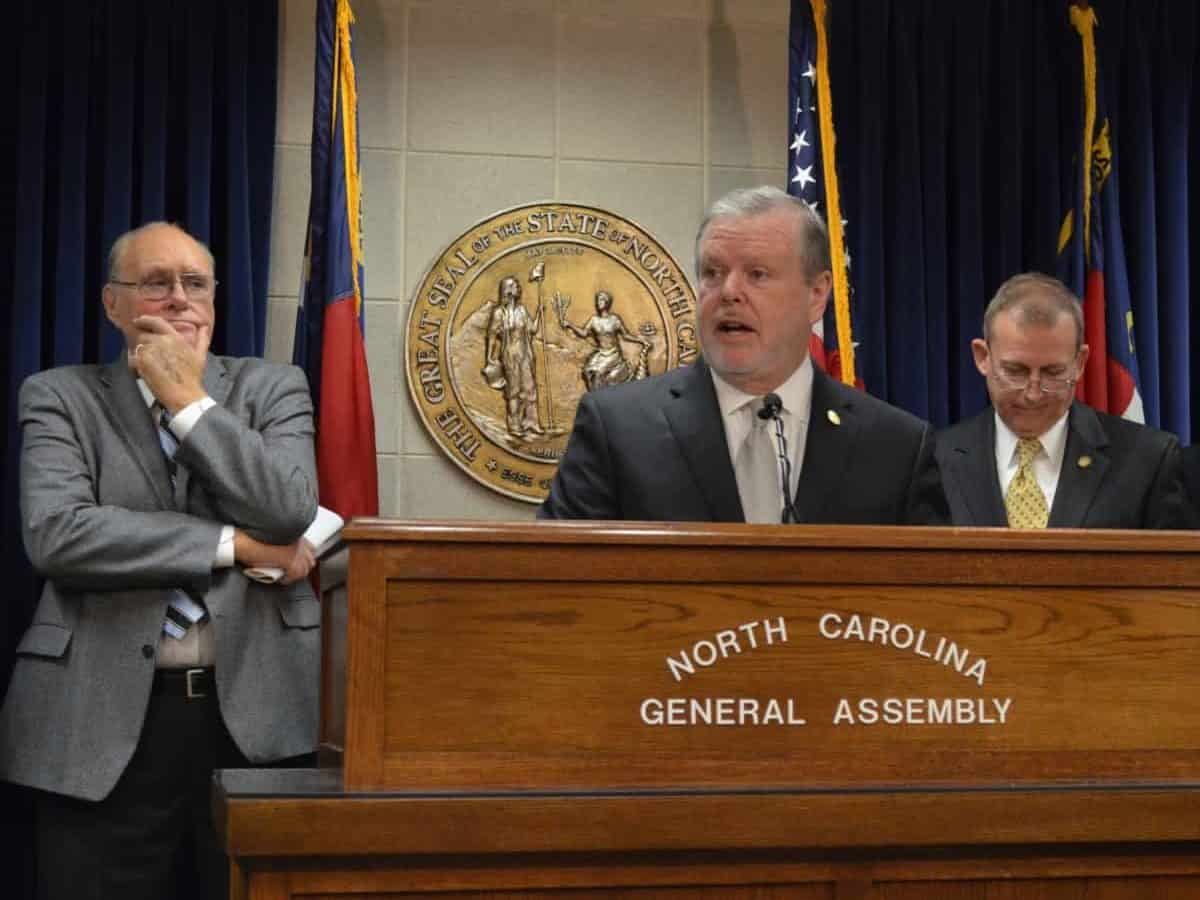
The Senate budget plan for the next two years passed its chamber last week, which means the negotiation, machination, deliberation, and calculation can now begin. While some of you may simply be feeling resignation, here are a few things for your consideration.
The Senate and the House are pretty far apart on teacher pay and principal pay, but in different ways.
The Senate plan is a 3.5% average increase for teachers over two years, while the House is offering 6.3%. The House’s plan, however, is very heavily weighted towards veteran teachers.
With principal pay, the pay raises are also different: average 10% increase in the House and average 6.2% in the Senate. But there are a variety of other complicating factors that will need to be hashed out between the two chambers’ principal pay plans.
In the Senate, lawmakers are also offering an incentive plan that will give principals $30,000 to run a low-performing school in the bottom 5% of performance in the state. The House, on the other hand, isn’t just proposing more pay but also altering the structure of the principal pay schedule. House lawmakers’ plan aligns the principal pay schedule with the teacher pay schedule, essentially giving principals the pay of a teacher with similar years of experience plus 25% extra on top. Aligning the principal pay schedule with that of teachers is an ask that many principal advocates are asking for, so that will likely be a point of contention.
Other sticking points in the negotiations will be some provisions in the House plan that are absent in the Senate plan. For instance, the House restores Master’s pay for teachers, something that advocates have been asking for ever since the General Assembly eliminated it in 2013. The House budget also changed the formula of the school performance grades so that the two factors involved in their calculation — academic performance and academic growth — are more balanced than they are currently.
After the two chambers huff, and puff, and… come to an agreement, that is where, in previous years, the conversation would end. But this year, Governor Roy Cooper has a veto with real teeth. Real sharp teeth. You see, in the last election, Republicans lost supermajorities in both the House and Senate, meaning they won’t have the votes to override a gubernatorial veto with Republicans alone. Senate Democratic Leader Dan Blue, D-Wake, spoke at length about this Thursday on the Senate floor. He reminded the gathered lawmakers that Cooper would have a say in what the final budget looked like. And he assured Republicans that if Cooper vetoed the budget, it would be sustained.
However, among the reasons given for why Cooper might veto the budget, education wasn’t a specific focus. Instead, Blue said it would likely hinge on items like taxes, Medicaid expansion, and infrastructure. Of course, taxes means the tax cuts that Republicans have steadily and continuously pushed forward, and if those cuts were whittled away, that would leave more money for others things — like education spending. And Cooper has publicly expressed his dissatisfaction with the Senate budget’s treatment of public education. If Cooper did veto the budget, and the veto were sustained, another round of negotiations would begin.
So, the House and the Senate have both passed their separate two-year spending plans, but, as Blue said last week, this game is really just beginning. In this stage play that is the grand theater of the General Assembly, the story continues, the finale is far, and the plot most definitely thickens.
Coverage of the House budget
House drops its education budget plan
House Republicans reveal details of teacher pay plan
Budget clears committee, heads to House floor
Coverage of the Senate budget
Recommended reading



